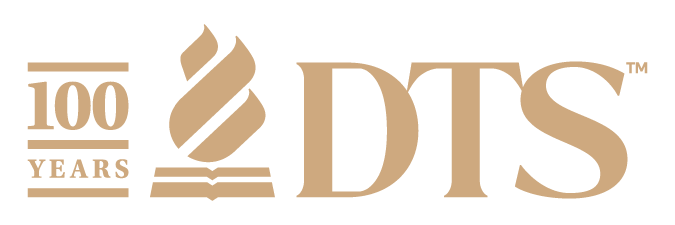Plagiarism or cheating usually involves an attempt to appear to have more knowledge or skill than one actually possesses, and as such constitutes academic dishonesty. Dallas Theological Seminary as an institution committed to academic fairness and integrity, will grade all academic work in the fairest way possible to ensure that the work is in fact the student’s own personal academic work.
Plagiarism occurs in research whenever a writer appropriates material that falls outside the sphere of common knowledge and is from any source not his own without indicating his or her indebtedness to that source. The theft may have to do with substance (i.e., ideas or information taken from a source without acknowledgment in the form of proper documentation), or it may have to do with verbal expression (i.e., wording or phraseology taken from a source without acknowledgment in the form of proper documentation and quotation marks around the quoted material), or using text written by a generation system as one’s own (e.g., entering a prompt into an artificial intelligence tool and using the output in a paper without a professor’s permission or direction, and without citation).
Students should review the Turabian supplement provided by the library for the latest information on citations (including citing artificial intelligence software) – see https://library.dts.edu
In either of these forms, plagiarism constitutes a serious academic and ethical impropriety. For this reason any work submitted that gives clear evidence of plagiarism, whether committed deliberately or naively, will receive a grade of zero.
Each case will be reported to the Dean of Students. Depending on the circumstances, the student may be subject to additional disciplinary action.
Below is a summary and explanation of the AI portion of the plagiarism policy above.
DTS AI Policy Summary
Students may not use AI to generate text, outlines, or ideas for any assignment without both of the following:
- Your professor has given explicit permission for the assignment
- You correctly cite the generated material
The Why
The reason for this policy is not to limit your creativity or slow down your assignments. It is because the output of the assignment is not the ultimate goal. Instead, each assignment at DTS designed to train you in specific skills and build new capacities you need for ministry.
Put another way, you are the output, not the paper.
Acceptable AI Usages
If you would like to use AI to generate text related to an assignment, you may ask your professor and he or she may grant you permission to do so. However, default position of all assignments is that you cannot use AI to generate text for any part of the assignment.
Here are some examples of AI-related functions you may not use without permission
- Text Generation – You may not use AI to generate text for use in any assignment.
- Outline Generation – You may not use AI to generate an outline for an assignment.
- Idea Generation – You may not use AI to generate ideas for an assignment.
Here are some AI-related tools you may use without permission
- Spellcheck and grammar – built into Word, Pages, and Google Docs
- AI re-writing tools – tools that take you’ve written and help make it clearer, such as what Grammarly offers (this does not include Grammarly’s generation functions).
- AI research and summarize – tools that help you find sources to cite, such as the new AI tools built into Logos Bible Software.
Your Future
Once you have developed the required academic and ministry skills for your degree program, you may choose to use AI to accelerate tasks in your own ministry. But while you are a student, take the time to hone and develop your skills in thinking, writing, creating, and being.
We don’t just want you to produce something, we want you to become something!
Cheating involves dishonest or deceptive attempts to gain credit for academic work through the use of notes, aids, computer tools, or the help of other students in ways expressly prohibited by the instructor.
Students are expected to complete all exams, including those that are not proctored, with honor and integrity. Professors may require students to agree to an integrity statement upon taking an exam. Violations of the integrity and honor code may be reported to the Dean of Students as determined by the professor.




